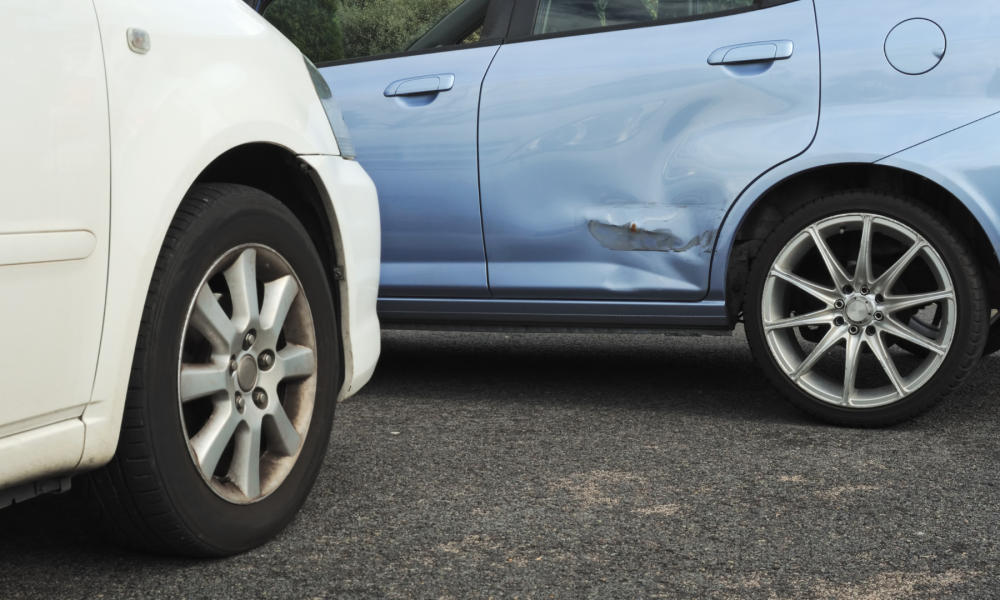It can easily happen … you misjudge the space when making a turn in close traffic or in a parking lot and you tap another car’s rear bumper. The other driver gets out his car and appears unhurt. He inspects the bumper and says “Let’s just forget about it.”
You agree and go on your merry way.
A few weeks later, however, your insurance company informs you that the man is suing you for lost wages, neck injuries and pain and suffering.
Where did you go wrong? The so-called accident was only a tiny tap that barely scratched paint. There couldn’t have been an injury, as your terrified daughter tells your insurance company’s attorney.
There are things you could have done to avoid this mess. Fender-benders — or even smaller collisions — don’t have to spiral out of control like this if you take the appropriate precautions and steps.
Your first thought might be to call the police. But in some jurisdictions, the police will not respond unless there are injuries. In some states, an accident without injuries and less than $1,000 damage means you don’t need to call the police to the scene. You can file a report later.
Then, by taking the steps below you can protect yourself from false claims and help your insurance company reach the best decisions:
1. Have all your documents
That means always carrying your driver’s license, registration and insurance information. Be sure it is with all family drivers at all times.
2. Take Pictures
Use your smartphone to take pictures of the vehicles from many angles that show the street, any traffic lights and where the cars are positioned.
Also, take pictures of all the occupants of the other car, preferably while they are still in the vehicle — or at least while they are all still at the scene.
This can also thwart a fraud scheme called ‘jump ins.’ In an attempt to get a bigger settlement, people known to the claimant come forward and say they were also in the car and also suffered injuries.
Take pictures of the site of the accident. Having photos of the cars on location can help you make your own case to the claims adjuster.
Write down the specifics of the location as well, for example:
“The southwest corner of Bank and Broad streets, about three car lengths before the mailbox.”
3. Get witnesses’ information
If there are witnesses, get their names and addresses. Some may be reluctant; be persistent within reason.
4. Exchange information
Exchange information with the other driver. This information includes:
- Name
- Address
- Phone number
- Driver’s license number
- Name of the other driver’s insurance company
- Policy number
- License plate number
If the driver is not the person named on the insurance card, find out and write down what the relationship is between the driver and that person; family, friend or employee. Write down the policyholder’s name, address and phone information, as well.
Finally, write down a complete description of the other car, including year, make, model and color.
5. Keep a lid on it
Under no circumstances should you tell the other driver, “It was all my fault,” even if you think it was.
Remember, there are people who stage accidents for the payoff, and you could have been positioned so that there was nothing else you could do. Even if it was a bona fide accident, let the experts determine blame — or lack thereof — when they work out the insurance compensation.



